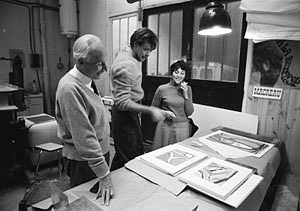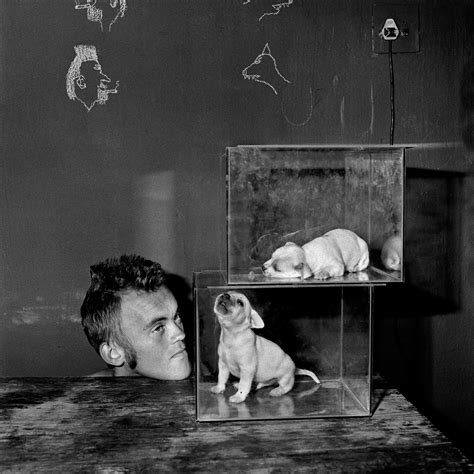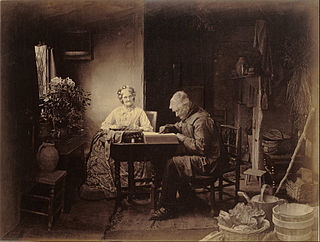A Quote by Friedrich Nietzsche
That is an artist as I would have an artist be, modest in his needs: he really wants only two things, his bread and his art--panemet Circen.
Related Quotes
Whenever I hear about a child needing something, I ask myself, 'Is it what he needs or what he wants?' It isn't always easy to distinguish between the two. A child has many real needs which can and should be satisfied. His wants are a bottomless pit. He wants, for example, to sleep with his parents. He needs to be in his own bed. At Christmas he wants every toy advertised on television. He needs only one or two.
Art really has its source in the transcendent, the unmanifest field of pure consciousness, which is the non-changing, immortal field of all possibilities...When the awareness of the artist is in tune with this center of infinite creativity, his piece of art breathes fullness of life, nourishes the creator, the artist, and inspires his admirers with waves of bliss.
Clearly the hardest thing for the working artist is to create his own conception and follow it, unafraid of the strictures it imposes, however rigid these may be... I see it as the clearest evidence of genius when an artist follows his conception, his idea, his principle, so unswervingly that he has this truth of his constantly in his control, never letting go of it even for the sake of his own enjoyment of his work.
Art is not for the personal satisfaction of one or the other, but art wants to return all what's in life... Art wants to give back everything what's in our lives. The more comprehensive the artist stands in life the more powerful his work will speak, and therefore a work of art is a measure of the mental size of his creator.










































